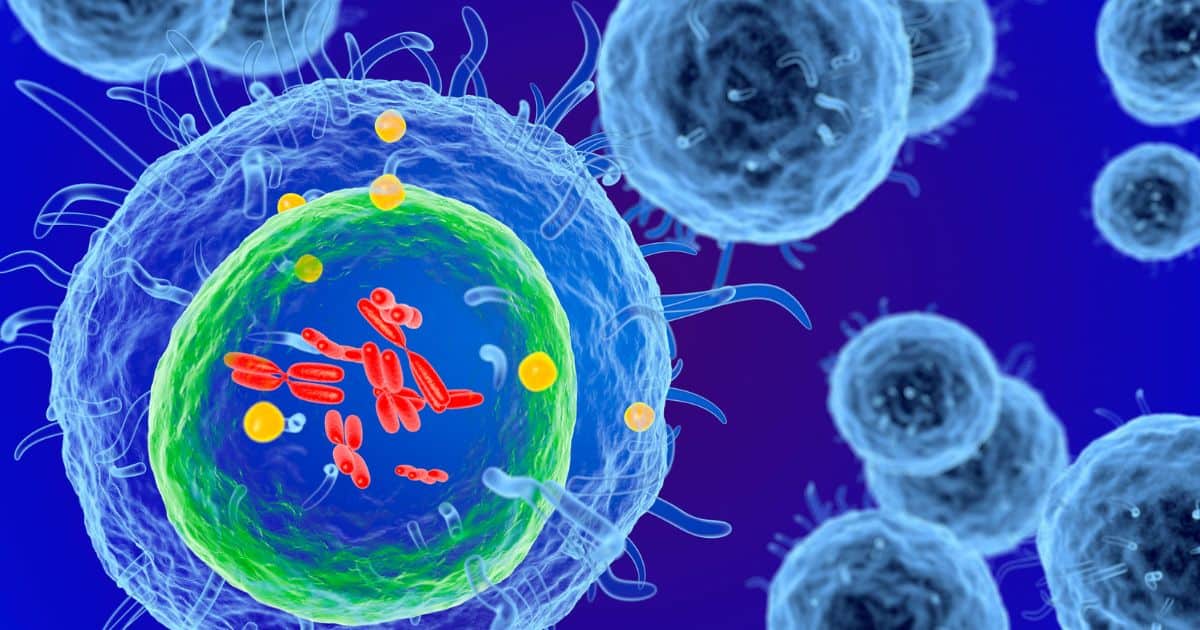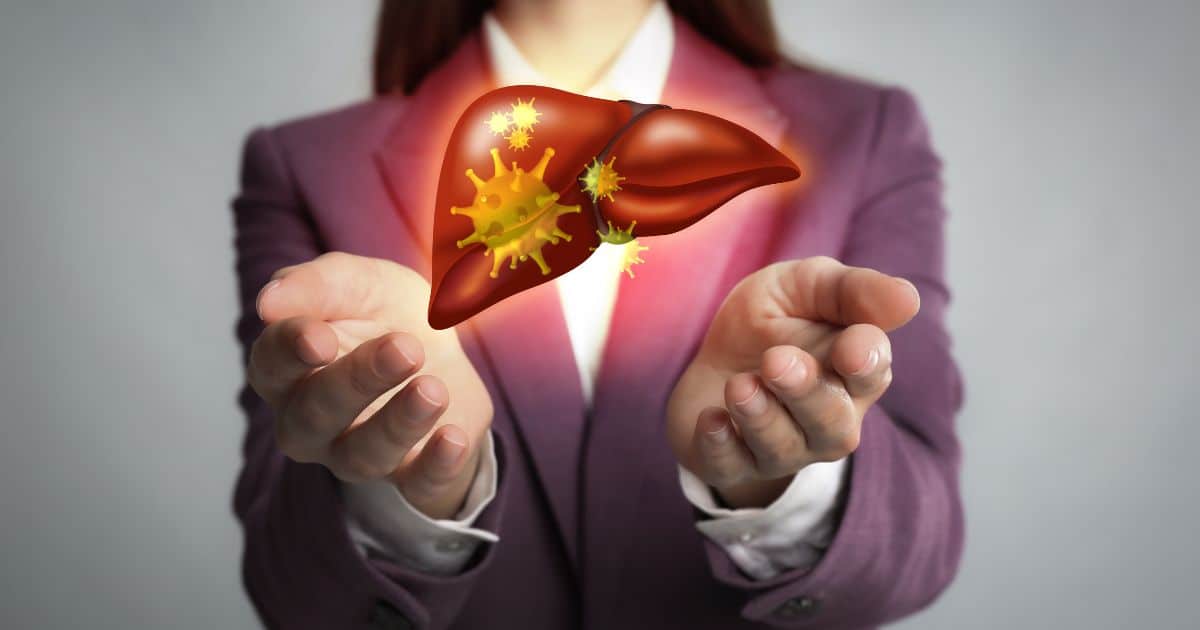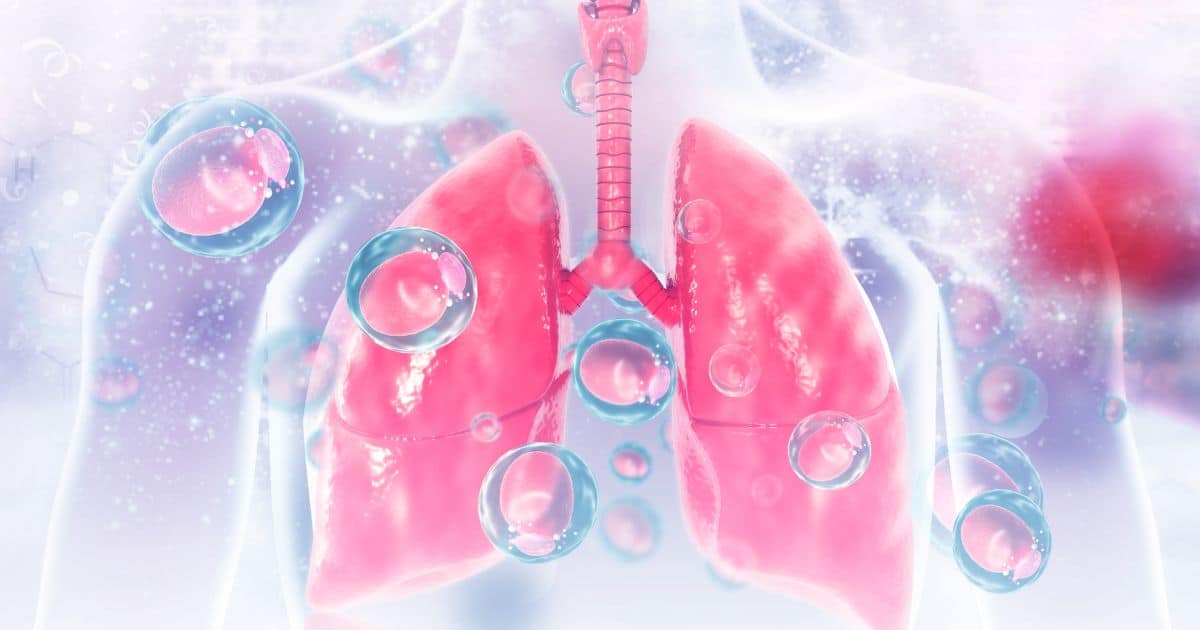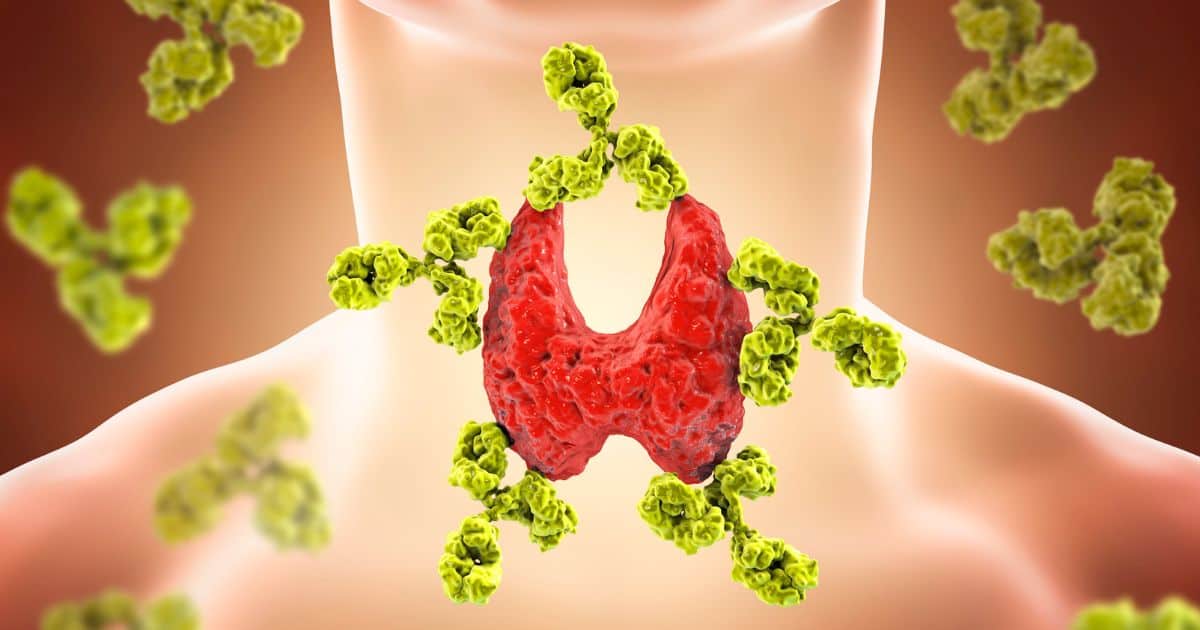Alcohol: a common presence in social gatherings, a stress reliever for some, and a tempting indulgence for others, is consumed by millions worldwide. While moderate drinking can be part of a balanced lifestyle, excessive alcohol consumption is a major health concern.
Alcohol consumption is an important part of our intake questionnaire at Metabolix Health. Your family history of alcohol consumption is also key to your health story. I am the product of 2 alcoholic parents, and it became the foundation for health challenges I have had to work through in my life.
Since we are now in the thick of cold and flu season and related infections and a very busy social gathering season, let’s explore whether alcohol weakens your immune system, how it can exacerbate autoimmune conditions, and strategies for protecting your immune system.
Key Takeaways
- Alcohol consumption can impair immune system functioning, increasing your risk of infection and chronic illnesses.
- Adopting a balanced diet rich in vitamins, minerals, and antioxidants while participating in non-alcoholic activities is essential for protecting your immune system.
What happens to your immune system when you drink alcohol?

Alcohol consumption causes your body to focus on metabolizing it, which redirects resources from vital processes like immune function and brain function [1]. Upon consumption, alcohol is rapidly absorbed from the stomach and intestines into the bloodstream. It then travels to the liver, where enzymes metabolize it. However, the liver can only process a limited amount of alcohol per hour.
This process can lead to immediate physiological changes, such as increased heart rate and altered judgment, impacting immune cells and functions.
If you are having sleep issues, having a hard time losing body fat, or suffering from female hormone issues, stop drinking alcohol for 12 weeks and then reaccess. If the idea of stopping alcohol is overwhelming, ask yourself: Why am I so connected to alcohol? Is there another issue that needs to be addressed?
If not alcohol, it could be cortisol (stress trigger). These 2 are closely connected and play into each other.
Binge drinking and other forms of alcohol intake can impair your immune system and increase your vulnerability to infections and chronic illnesses. The immune system, including adaptive immunity (your first line of defense), can be significantly impacted by moderate alcohol consumption.
Short-term effects of alcohol on your immune system
In the short term, alcohol consumption can have the following effects on the immune system:
- Suppress the immune system for up to 24 hours, even with moderate drinking
- Influence inflammation
- Adversely affects innate immunity by reducing the functionality of immune cells that safeguard the lungs and airway cells, thereby increasing the risk of infections.
- Influence your blood sugar balance. Alcohol, being a fermented sugar, works into what we call the “48-hour rule”. Every time you drink alcohol, regardless of the amount, you lose the ability to burn fat for the next 48 hours. That means that 1 alcoholic drink on a Friday and another on a Tuesday could sabotage your weight loss efforts and blood sugar lowering efforts for 6 or 7 days.
Long-term effects of alcohol on your immune system
The long-term effects of alcohol on your immune system are just as concerning. Prolonged alcohol consumption can lead to a weakened immune system response to infections and an increased risk of serious health conditions. It impairs the body’s ability to recover from tissue injury and heal infections. Individuals who consume alcohol regularly may find that their injuries, cuts, and surgical site wounds take longer to heal than those who abstain from alcohol.
Moreover, long-term alcohol consumption can impair the body’s immune system, making it more vulnerable to chronic life-altering infections like hepatitis B and C.
Alcohol consumption and effects on your gut health
In addition to how alcohol affects the immune system, alcohol intake can also have adverse effects on your gut health. Alcohol can disrupt your gut barrier’s function [2], leading to increased susceptibility to gallbladder dysfunction, bile flow, impaired intestinal nutrient absorption, and the potential for harmful bacteria to enter the bloodstream (a phenomenon often referred to as “leaky gut”).
Liver health is another area of concern when it comes to alcohol consumption, as alcohol abuse, alcohol use disorder, liver disease, liver failure, and increased susceptibility to hepatitis B and C can result from excessive drinking. Monitoring one’s blood alcohol concentration can be a helpful medical tool in preventing these issues. Better still is total abstinence from alcohol consumption.
Liver effects

Alcohol intake can cause severe damage to your liver. Overconsumption of alcohol can cause alcoholic liver disease (ALD), a type of liver damage resulting from alcohol intake. ALD can result in fat accumulation in the liver, inflammation, and scarring of the liver tissue. Unfortunately, functional medicine clinics are seeing this liver damage more and more in younger clients. It is part of our professional standards to determine whether we can help or we refer our client to outside alcohol usage counsel.
Symptoms of liver disease or liver failure due to alcohol use may include:
- Feeling nauseous
- Weight loss
- Loss of appetite
- Jaundice
- Swelling in the ankles and abdomen
- Confusion
- Loss of appetite
- Nausea and vomiting
- Abdominal tenderness
- Low-grade fever
- Fatigue
- Weakness
Respiratory Infections

Alcohol consumption can also increase the likelihood of respiratory infections. Chronic alcohol consumption weakens the lungs’ immune cells, increasing the risk of pneumonia and respiratory tract infections. This weakening of the immune cells in the lungs is concerning, as it can lead to more severe infections and complications, particularly in individuals with pre-existing respiratory conditions.
Factors Influencing Alcohol’s Effect on the Immune System
The impact of alcohol on the immune system varies and can be influenced by factors like the amount and frequency of alcohol intake. Some effects of alcohol on the immune system include:
- Weakening the immune system
- Increasing susceptibility to infections
- Impairing the body’s ability to fight off pathogens
- Delaying wound healing
Heavy drinking has more deleterious effects on the immune system than moderate drinking.
Excessive and chronic alcohol consumption, which can be referred to as too much alcohol, makes the body more vulnerable to bacterial and viral infections and can impede the immune system’s capacity to identify and respond to infections.
Live Life Well!
Join our email list for exclusive offers and the latest news
We agree to never spam you, by submitting you agree to our Terms of Services
Alcohol and Autoimmune conditions

Alcohol consumption can also exacerbate autoimmune conditions such as thyroid autoimmunity and other autoimmune diseases. This exacerbation is partly due to alcohol’s ability to alter the balance of the immune system, [3] promoting inflammation and disrupting the regulatory mechanisms that usually keep autoimmune responses in check.
Additionally, alcohol can damage bodily tissues, making them more likely to trigger an autoimmune response. This disruption in gut integrity is particularly significant, as it is often implicated in developing and progressing autoimmune conditions.
Thyroid autoimmunity: Hashimoto’s and Grave’s disease
Alcohol use can worsen symptoms of Hashimoto’s and Grave’s disease, two common thyroid autoimmune conditions. Alcohol can have detrimental effects on Hashimoto’s disease by affecting thyroid function and causing symptoms like:
- fatigue
- depression
- weight gain
- memory problems
Furthermore, alcohol can suppress your immune system, induce chronic inflammation, and harm the liver, which is essential for thyroid hormone conversion.
The relationship between alcohol consumption and Grave’s disease is more complex, with some studies suggesting that moderate alcohol consumption may reduce the risk of Grave’s disease. In contrast, others indicate that it can increase the severity of symptoms. Since I was diagnosed with Grave’s disease years ago, my own experience is that alcohol use(very moderate) was not helpful. I finally decided to avoid alcohol altogether, and my health has improved consistently since. I reversed my Graves and Hashimoto’s conditions.
Other autoimmune conditions and alcohol use
In addition to thyroid autoimmunity, alcohol consumption can negatively impact other autoimmune conditions, increasing inflammation and disease severity. For example, alcohol can exacerbate symptoms of rheumatoid arthritis and render treatment less effective. Alcohol can alter your body’s metabolism of medications in lupus patients, potentially amplifying both the beneficial and detrimental effects of the drugs.
In the case of multiple sclerosis, alcohol consumption may worsen symptoms, particularly if the individual is experiencing challenges with balance, cognitive functioning, or memory.
Strategies for Protecting Your Immune System
Protecting your immune system requires the intake of nutrients that bolster immune function and finding alternatives to alcohol for socializing. You can maintain a healthy lifestyle while preventing the adverse effects of alcohol on your immune system by adopting a balanced diet rich in vitamins, minerals, and antioxidants and enjoying non-alcoholic beverages.
Nutrients that support your immune system

Maintaining a strong and healthy immune system requires a balanced diet. Consuming essential nutrients to support the immune system can help bolster immune function and prevent infections. These nutrients include:
- Vitamin A
- Vitamin C
- Vitamin D
- Vitamin E
- Zinc
- Beta carotene
Foods that are rich in these essential vitamins, minerals, and antioxidants include:
- Citrus fruits
- Berries
- Melons
- Tomatoes
- Bell peppers
- Broccoli
- Fatty fish
- Fortified dairy products
- Nuts
- Seeds
- High-fat plant foods
- Colorful fruits and vegetables
Incorporating these nutrient-dense foods into your everyday diet can ensure a healthy immune system, including both the innate immune system and the adaptive immune system.
Some non-alcoholic fun options for socializing

Participation in non-alcoholic beverages and socializing can contribute to a healthy lifestyle and help avoid the adverse effects of alcohol on the immune system. There are numerous non-alcoholic beverages, such as rosemary-and-ginger mule, non-alcoholic margaritas, strawberry spritzer, and ginger-orange mocktails.
Where to seek additional help
Alcohol dependency or abuse is a serious condition requiring professional intervention. Recognizing the signs of alcohol misuse, such as drinking more than intended, inability to cut down, or continued use despite problems, is crucial. Seeking help from healthcare professionals, support groups, or therapy can provide recovery support.
If you’re looking for personalized advice on supporting your immune system, consider scheduling a consultation with our team at Metabolix Health.
Summary
In conclusion, understanding the impact of alcohol consumption on your immune system is essential for maintaining optimal health. By being aware of the short-term and long-term effects of alcohol on your immune system, gut health, and autoimmune conditions, you can make informed decisions about your alcohol consumption. Embracing strategies for protecting your immune system, such as consuming a balanced diet, engaging in non-alcoholic activities, and seeking professional help when needed, will help you maintain a healthy immune system and overall well-being.
If you found this information helpful, please share this post with others who might benefit from it.
Frequently Asked Questions
Can drinking alcohol lower your immune system?
Alcohol consumption can weaken the body’s immune system, making it harder to protect itself from infection and disease. Heavy drinking further reduces the number of antibodies available to fight off infection, leaving us vulnerable to illnesses.
Why do I get sick every time I drink alcohol?
Alcohol irritates the stomach lining, increases acid production, and causes inflammation throughout the body, leading to nausea and general malaise. It can also cause intolerance reactions if your body doesn’t have the right enzymes to break down the toxins in alcohol.
Can alcohol consumption affect autoimmune conditions?
Yes, alcohol consumption can affect autoimmune conditions, potentially exacerbating symptoms and increasing inflammation.
What nutrients are essential for supporting a healthy immune system?
Essential nutrients for supporting a healthy immune system include iron, vitamin A, vitamin C, vitamin D, vitamin E, zinc, and beta-carotene.
What are some non-alcoholic beverages?
Some non-alcoholic beverages include rosemary-and-ginger mule, non-alcoholic margaritas, strawberry spritzer, and ginger-orange mocktails. Be careful about the sugar volume in non-alcoholic mocktails if you are insulin-resistant!
Resources
- Romeo, J., Wärnberg, J., Nova, E., Díaz, L., Gómez-Martinez, S., & Marcos, A. (2007). Moderate alcohol consumption and the immune system: A review. British Journal of Nutrition, 98(S1), S111-S115. doi:10.1017/S0007114507838049
- Sarkar D, Jung MK, Wang HJ. Alcohol and the Immune System. Alcohol Res. 2015;37(2):153–5. PMCID: PMC4590612.
- Szabo G. Alcohol’s contribution to compromised immunity. Alcohol Health Res World. 1997;21(1):30-41. PMID: 15706761; PMCID: PMC6826800.